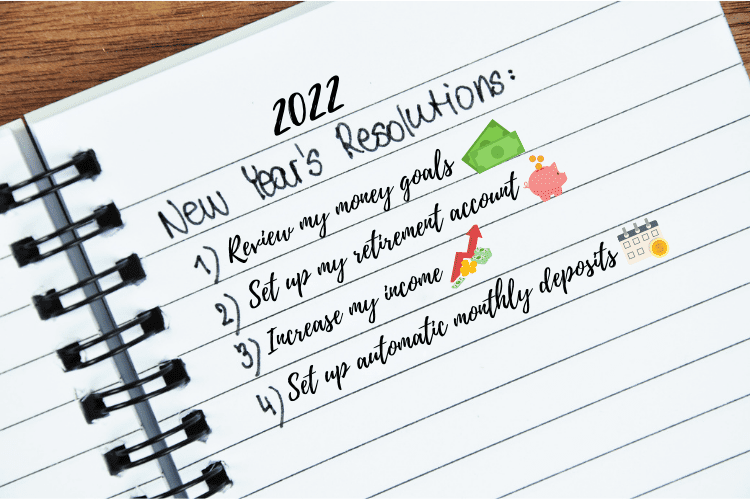What Is a Certificate of Deposit?

You consider yourself pretty familiar with products that banks offer: checking accounts, savings accounts, credit cards. But one thing flummoxes you: the certificate of deposit, usually known as the CD. What is this baby, and what does it want? And should you get one?
A CD is a type of financial asset – a vehicle to invest in. Intended to hold your money for a specific period (anywhere from months to years), it offers a fixed interest rate that is usually higher than those offered on other bank accounts. In exchange for the higher rate, your money must stay in the CD for a fixed time, until it matures. For example, if you invest $5,000 into a five-year CD with a 3% APY, you’ll earn $800 on your investment.
CDs offer a simple and low-risk way to make money and, like other bank accounts, they are federally insured. Even so, they are not always the best choice for every financial situation. Here’s what you need to know before you invest.
When Is It Best to Use a CD?
CD terms can be as short as a month and as long as a decade, with higher interest rates available (not surprisingly) on longer terms. You should only invest in a CD if you feel confident that you won’t need to access your money during the duration of your CD’s term. They can be cashed in early, but if you withdraw before the maturity date, you’ll pay a hefty fee equal to a percentage of your earnings.
Second, make sure you have a significant chunk of change to invest. CDs have minimum deposit requirements ranging from $500 to $10,000 or more. Obviously, the more you put in, the more you can earn. CDs can be ideal in windfall situations—a bonus from your employer, an inheritance, or a big birthday check from Grandma—or if you’re saving for a specific event, like starting grad school the year after next.
CDs are also sound if you’d like your money to work for you, but you’re very risk-averse and are willing to trade return for safety. They earn more than some investments, but less than others, like stock mutual funds.
When Is It Best to Stick With a Standard Savings Account?
Stick to your normal savings account if you aren’t comfortable parting with a few thousand dollars for a set length of time, even if it’s just a year. Many savings accounts offer high-interest rates—not as good as CDs’, but still solid—and of course you can access the funds at any time, without risking early withdrawal fees.
Different Kinds of CDs
Just like checking accounts, savings accounts, and credit cards, CDs come in all shapes and sizes.
A bump-up CD allows you to request a higher rate if your bank increases its APYs. This is a perk that lets you keep apace of rising interest rates. CDs with this feature usually offer lower returns overall than fixed-rate CDs. Many also require higher minimum deposits and cap your rate increase request to one or two occasions.
- A step-up CD offers predictable APY rate increases at regular intervals. On a 36-month CD, for example, your APY could increase every six months. However, keep in mind that these APY rates begin below general market rates, so the payoff takes time to occur.
- A jumbo CD works just like a regular CD, but it offers the highest APY rates in exchange for large minimum balance requirements. Most jumbo CDs require at least $100,000 as a minimum deposit. Interest rates fluctuate with the trends of the economy. Do your research and make sure the APY you receive is worth locking up $100,000 for such a long time.
- A liquid CD reduces or eliminates penalties for early withdrawal, but in exchange it provides lower rates of return. Depending on the APY rates available through your normal savings account, this type of CD may offer better returns without the risk of fees for accessing your money when it’s needed.
Think of a CD as a super-powered savings account that comes with a few strings attached.
Overall, it’s is a good choice for investors who want to avoid risk and achieve moderate growth. Or who have a lump sum they’d like to park for a while, earning some return while they plot their next financial move. You probably won’t make your millions from a five-year CD, but you will keep your money working for you, steadily and safely.
Read about micro-investing and how to get started with our complete guide: Micro-Investing: What It Is, Why It’s for You and How to Start.










